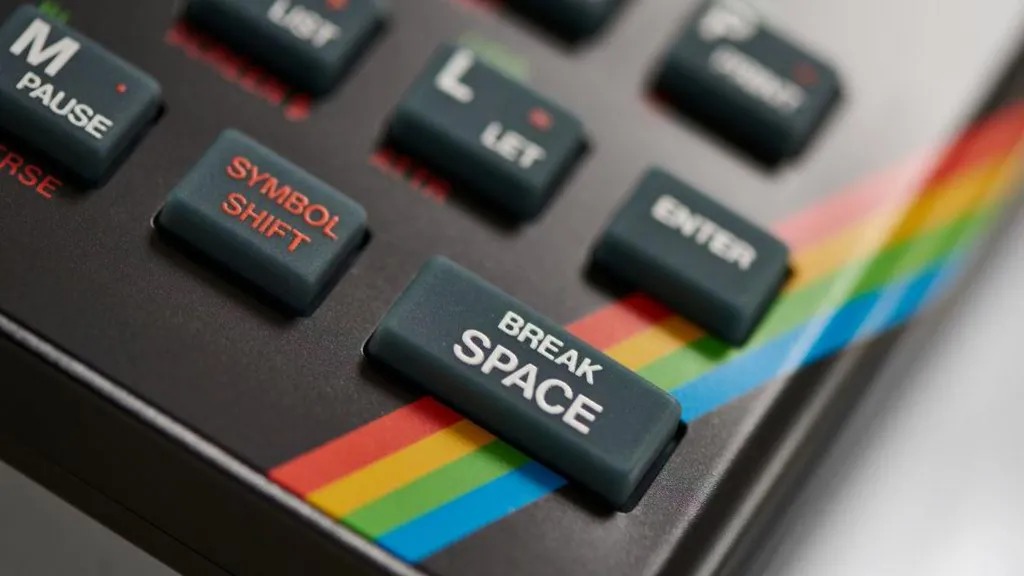
The Impact of ZX Spectrum in the 1980s
In the early 1980s, the emergence of the ZX Spectrum marked a pivotal moment in the tech industry, particularly within home computing. This 8-bit wonder, introduced by Sir Clive Sinclair, revolutionized personal computing by bringing affordable technology into homes, stimulating both gaming and programming interests among the masses.
The Impact of ZX Spectrum in the 1980s
The ZX Spectrum, with its distinct rainbow stripe and rubber keys, debuted in April 1982 and quickly became a household name. It offered a novel experience as games were loaded via cassette tapes and displayed on TV screens in vivid color—a significant leap from its monochrome ancestor, the ZX81.
Priced affordably at £175 for the 48k model and £125 for the 16k, the Spectrum landed on numerous holiday wish lists, enabling access to technology previously reserved for high-cost mainframes. This accessibility ignited creative energies across the UK, particularly in Dundee where the Spectrum was manufactured. Link to different tech innovations Explore More on Tech Innovations.
ZX Spectrum’s Influence on Gaming
The Spectrum wasn’t just a computer; it was a catalyst for a burgeoning gaming culture. Games like Manic Miner, Jet Set Willy, and Sabre Wulf not only became classics but also represented the innovative spirit of the time. These titles often circulated in playgrounds, contributing to a thriving, albeit unofficial, market of game copies.
Game developers like Mark Ettle of Cobra Mobile credit the ZX Spectrum for inspiring a generation of designers. It provided the tools to dabble in programming and create rudimentary graphics, setting the foundation for many in the gaming industry, including the founders of DMA Design, known for creating Lemmings and Grand Theft Auto.
Legacy and Ongoing Influence
Although later models did not recapture the public’s imagination, the ZX Spectrum’s legacy as a significant cultural and technological artifact endures. Retro gaming events still celebrate its contributions, and the Spectrum Next—a fan-developed evolution—continues to draw both nostalgic adults and curious youth, illustrating that the magic of the ZX Spectrum is indeed timeless.
For more insights into the revolutionary impact of these classic devices, visit BBC’s Coverage on ZX Spectrum.





